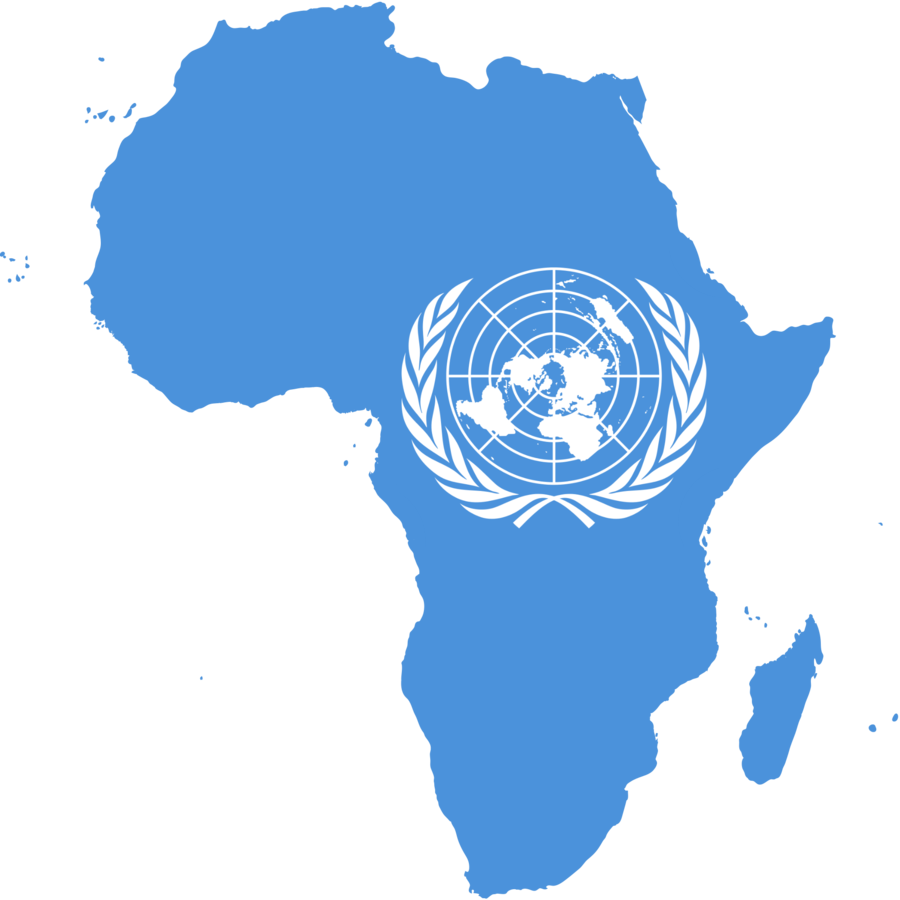NENA TROMP
Africa has been a constant focus of international politics, non-governmental human rights organisations and most recently the international courts. It has been perceived as a theatre of endless political violence associated with weak states such as Somalia and Libya to the alarming rise of terrorism in Nigeria. The AIDS epidemic has been battled for years with international assistance while the recent cases of Ebola epidemics put Africa and the world on a new level of alarm.
The old-fashioned international humanitarian aid relief has been criticised for years as doing too little and too late while no real alternative has been articulated to fill in the enormous need for food, medicines and know-how offered by international and multi-lateral programs. This UN FORUM issue reflects on some old-standing and some emerging problems in Africa through the new mechanisms, such as the International Criminal Court (ICC) to deal with them. The international criminal law has been added to the list of mechanisms the international community devised in order to tackle the political violence and commission of mass atrocities. Ingrid Roestenburg-Morgan, from Utrecht University, describes the gap between the ICC’s mandate and its perception by the African state elites. Branded as a neo-colonial way to impose ‘White Man’s Justice’ on the troubled nations in Africa, many member state of the African Union openly defy ICC’s decisions. This attitude may have a great impact on the future existence of the ICC.
The past, present and future of the African Union has been explored by reviewing its fifty years of turbulent existence. Eefje de Volder gives an informative and comprehensive overview of the mandate of this important African political platform.
The pressing issues of female mutilation, a problem that despite the rising awareness of its gravity, simply won’t go away. The author Annemarie Middelburg of the University of Tilburg, underlines the difficulties in addressing the problem regionally and globally. The need to protect women (and men) from sexual violence in Africa – as well as elsewhere in the conflict and post-conflict areas in the world – has been dealt with in the interview with Patrick Cammaert, who as a military adviser to the UN Secretary General for peace operations was confronted with the grave consequences of sexual violence on the victims. This particular issue has been highlighted in the interview with Mama Lambert, a genocide survivor and an activist from Ruanda. In a heart-warming interview, Mama Lambert explains her struggle to survive after losing all her family in 1994, but also her on-going struggle to forgive, as an important step for restoring her own humanity.
